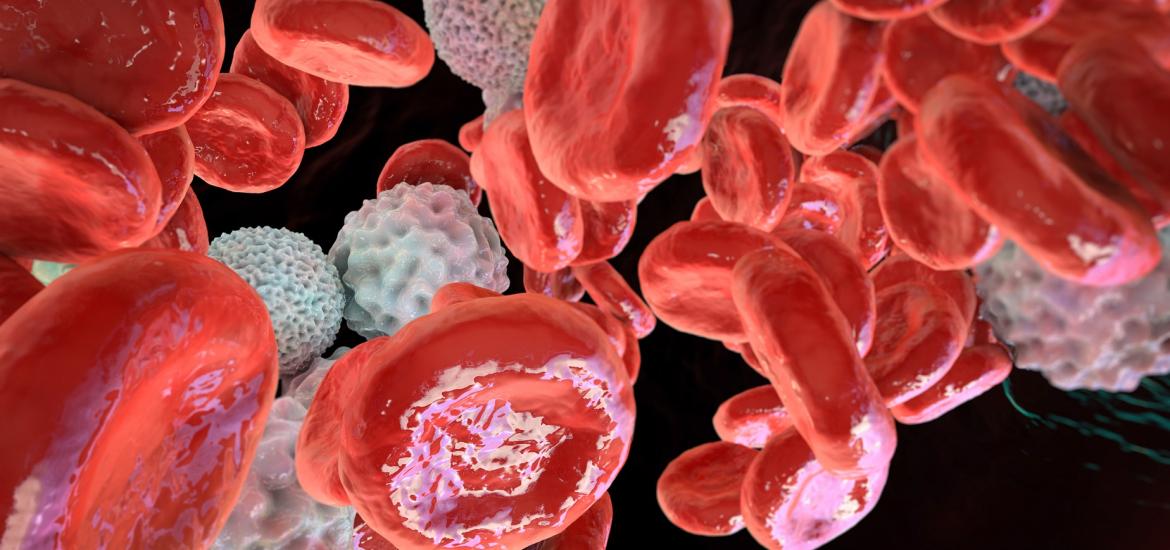
Takeda taps Protagonist before it’s Verified
Rusfertide’s big readout will now not come until 2025.
Rusfertide’s big readout will now not come until 2025.

Protagonist has said that its first-in-class hepcidin mimetic rusfertide has multi-billion dollar sales potential, and Takeda clearly also sees promise in the project: last night the Japanese group licensed the asset for $300m up front.
Takeda’s move comes before a big readout for rusfertide, from the pivotal Verify trial in the myeloproliferative disease polycythemia vera. However, enrolment into this study has been delayed, raising questions about how big this market might ultimately be.
Protagonist said in early January that recruitment was due to complete by the end of the current quarter, a timeline reiterated yesterday during a conference call to discuss the Takeda deal. This target had already been pushed back before, from the first half to the second half of 2023.
In 2022 Protagonist had cited “operational challenges, including site staff shortages” for the delay, and Takeda will have to hope that the problem hasn't been caused by slow recruitment due to a shortage of patients, for instance, or by patients being well served on current therapy.
Polycythemia vera affects around 100,000 patients in the US, Protagonist estimates, with many not well served by current therapies, including hydroxyura, interferons and Incyte’s Jakafi.
Verify
Results from Verify are now due in the first quarter of 2025; Takeda might have wanted to make its move before the asset got too expensive. And the readout seems as derisked as possible in the world of biotech: the phase 2 Revive study found a 69% responder rate with rusfertide versus 19% with placebo, and Verify uses a similar primary endpoint and patient population.
Under the terms of the deal Protagonist will continue to be responsible for Verify, while Takeda will immediately begin pre-commercialisation activities. If rusfertide is approved the companies will jointly market it in the US, under a 50:50 profit share agreement, and Takeda will have exclusive ex-US rights.
The deal looks sensible for Protagonist, which is no longer facing the daunting prospect of a solo launch. The group will learn “a thing or two” about commercialisation, said its chief executive, Dinesh Patel, adding that the move was like hiring a personal trainer at the gym, “instead of lifting weights meaninglessly on your own”.
Another clever decision by the smaller partner could be a clause under which Protagonist can opt out of the profit-sharing arrangement after an FDA filing – if it does so it could receive up to $975m in milestones (versus up to $330m milestones if the agreement remains the same).
“At that junction we will truly understand how big a drug rusfertide is and, based on that, Protagonist can make an educated choice,” Patel said.
Protagonist, which previously scored a deal with Johnson & Johnson over the oral IL-23 blocker JNJ-2113, now has plenty of cash to spend on its remaining unpartnered asset, an oral IL-17 inhibitor, and the “half dozen” other discovery programmes it is working on.
Takeda, meanwhile, will have to hope that rusfertide becomes all it’s cracked up to be.
1225













